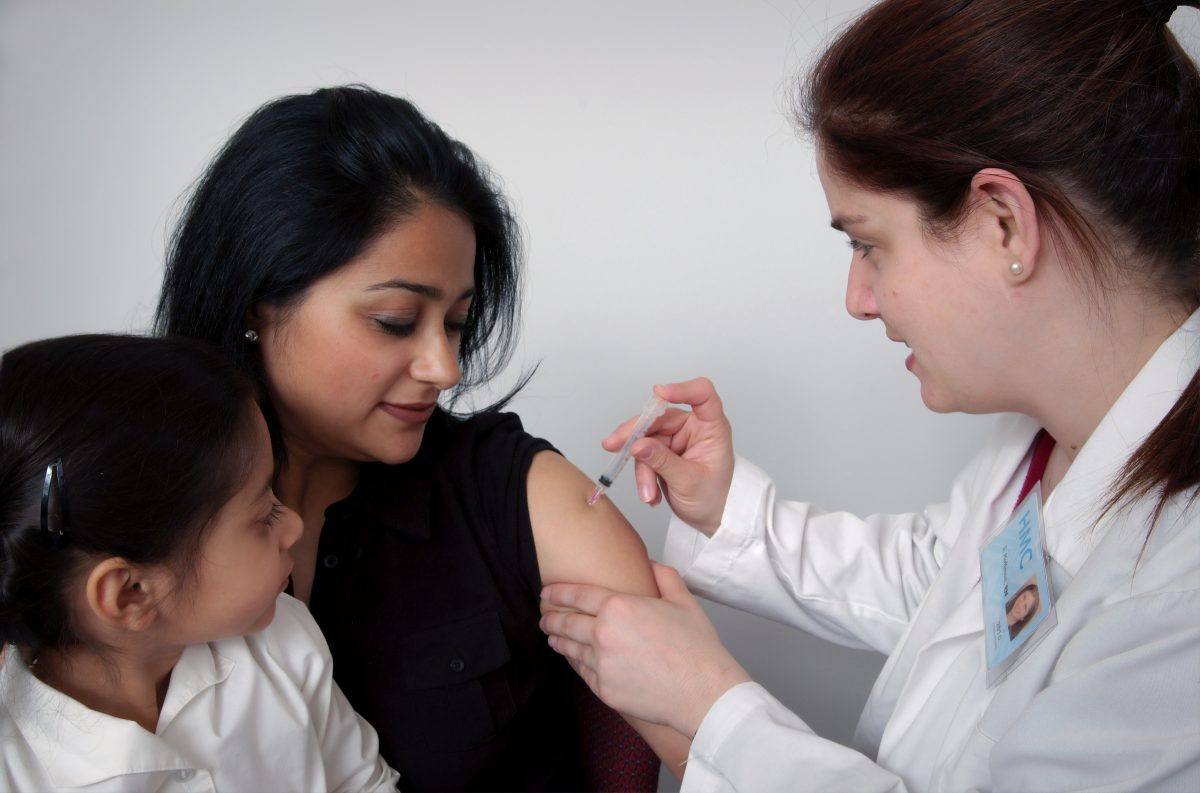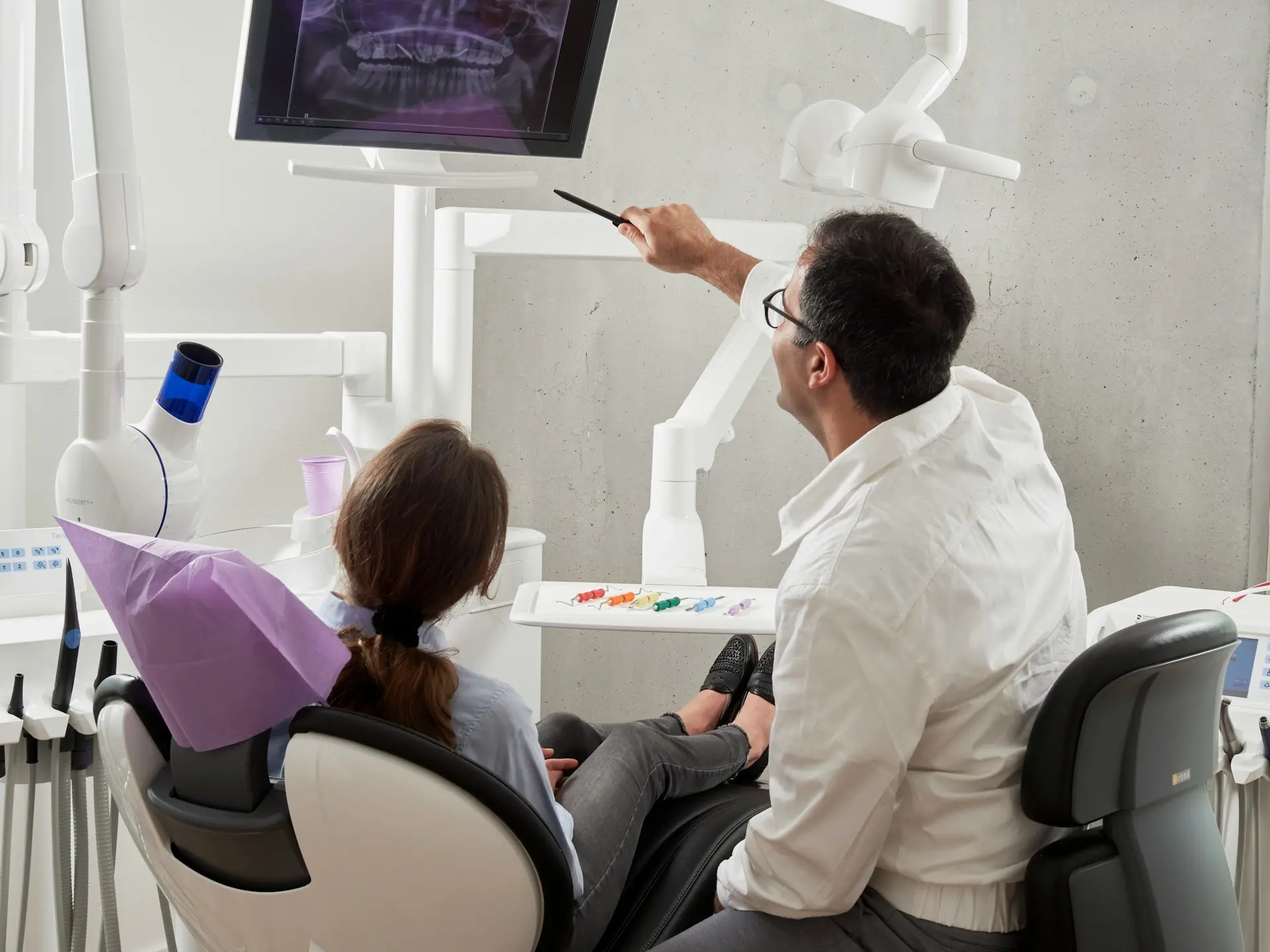There is no doubting the fact that the world economy is in a tempestuous place right now, with some industries thriving and others withering.
This has resulted in a job market which is unpredictable at best, and at worst has left many people struggling to predict if there will be more or less demand for their line of work. Healthcare is no exception, with some job markets collapsing and others thriving.
One of the most in-demand professions in healthcare right now is nurse practitionership, with an understaffed industry struggling to find nurse practitioners in order to attend to a growing elderly population.
Naturally, this has led to nurse practitioner wages rising, and more people finding work. However, it is worth understanding the factors that have led to such a surge in interest, and why nurse practitioners are set to stay in demand for many years to come.
One of the overriding factors has been the rising number of elderly patients who need medical attention – whether that is because of illness, injury or the prescription of medicine.
However, there are other factors, including a shortage of other types of medical professionals, such as physicians, the fact that healthcare is growing as a whole, and the fact that nurse practitioners fill a particularly important role for a number of people.
Here are five reasons why nurse practitioners are so in demand at the moment:
You can fit the training around your existing lifestyle
Firstly, it is important to note that, while not directly responsible for the surge in demand, it has never been simpler to train as a nurse practitioner.
Thanks to online courses, you can now complete your Master’s degree via your laptop, cutting out the need to attend university, find accommodation and a job, uproot your life, and move away from home.
Instead, you can make your studying flexible – indeed this is something that is encouraging many more people to train to become nurse practitioners. After all, if you already work in healthcare and you are wholly reliant on your current job, but you dream of becoming a nurse practitioner, then you can slot your studies into your spare time and tackle both at the same time.
You can find a FNP program at Texas Woman’s University.
There is a larger, older population to be cared for
One of the driving factors behind the rise in demand for nurse practitioners has been the elderly population, which is increasing in size substantially.
As the world’s population becomes healthier, wealthier, and continues to populate, there are simply more people than ever who are growing old and require an increasing amount of medical attention.
Furthermore, as advances in medical treatments continue at a rapid pace, more and more people are living longer with chronic diseases and injuries, which require round the clock medical care.
Therefore, more medical professionals are needed to help and treat the older generation.
Nurse practitioners fill this role perfectly. They can perform a variety of tasks that are useful to older people – from diagnosing illnesses to regularly checking in with patients, providing reassurance in the form of health monitoring and even counseling, prescribing medications, as well as giving patients guidance on maintaining a healthy lifestyle.
There is a shortage of physicians
Of course, the rising size of the elderly population has coincided with an increasing shortage of physicians. There is estimated to be a shortage of over 120,000 physicians by the year 2034, which is leaving medical establishments scrabbling to find caregivers who can suitably look after the rising number of patients.
As a result of this, nurse practitioners are increasingly picking up the slack, completing a variety of medical tasks to help ease the backlog and provide the care that patients need.
A factor that is being blamed for the shortage of physicians is, once again, age. Many qualified physicians are now reaching retirement age (and may soon need medical care themselves), which many medical establishments are struggling with. They cannot replace these physicians fast enough, which is where nurse practitioners come in.
Healthcare is a growing industry
It is a certainty that as the global population grows at an incredible rate, so will the demand for quality medical care.
People’s standards are understandably high, and as technology and medicine increases in sophistication, they will expect to receive top quality treatment. This will require more and more medical staff, especially considering the fact that the better medical care gets, the longer the population will be alive for, thus perpetuating the effect into an exponential gro



